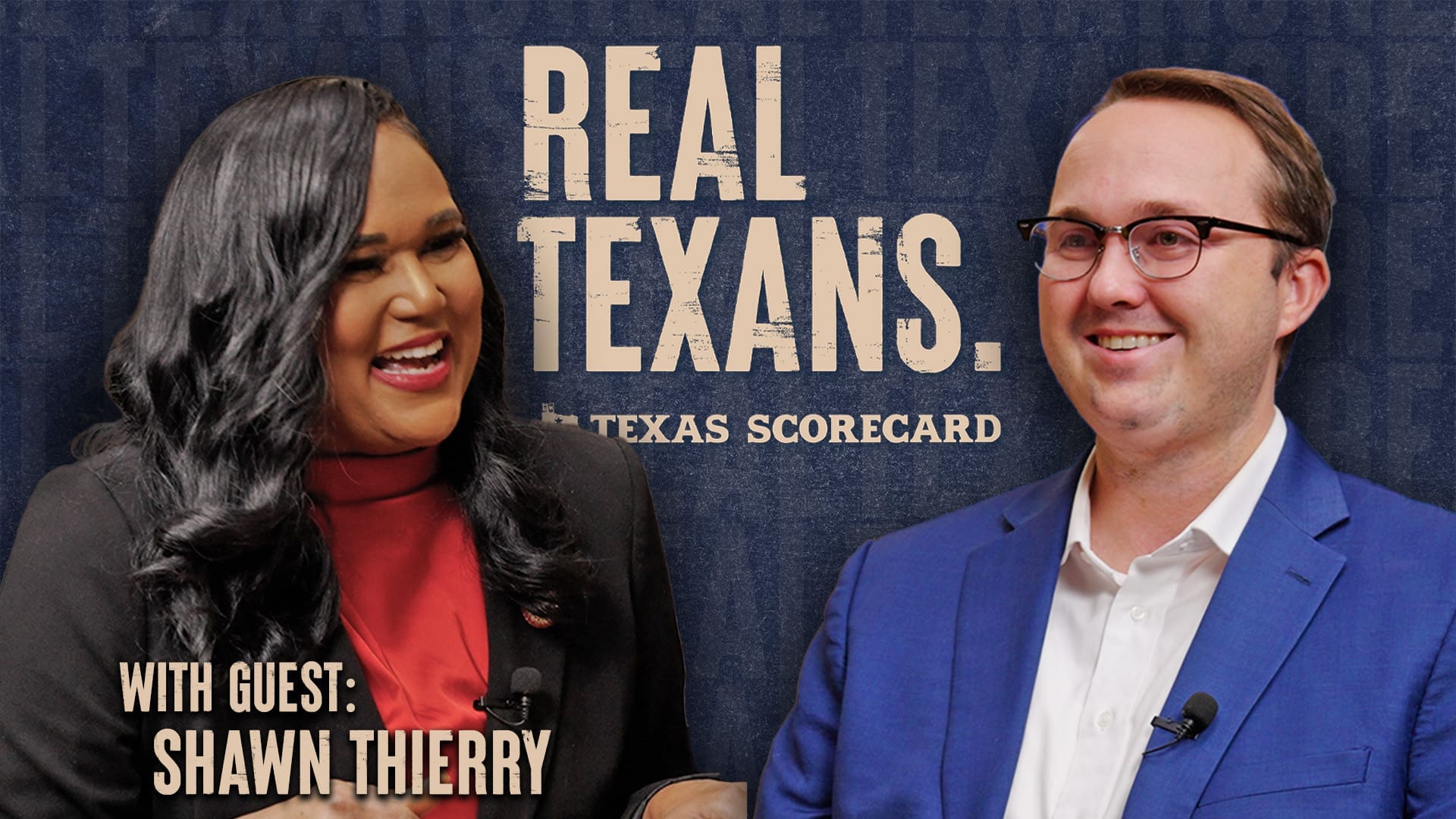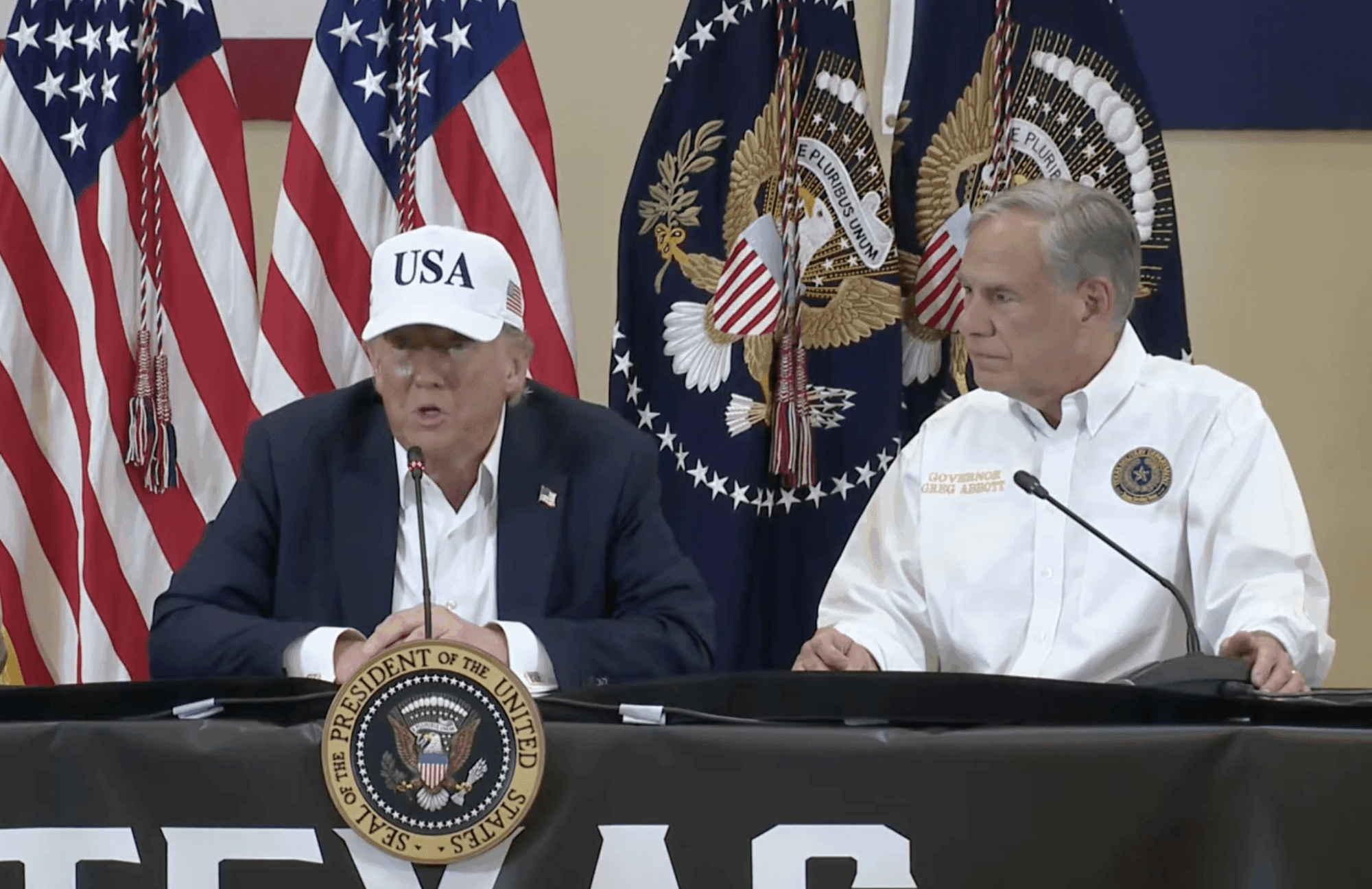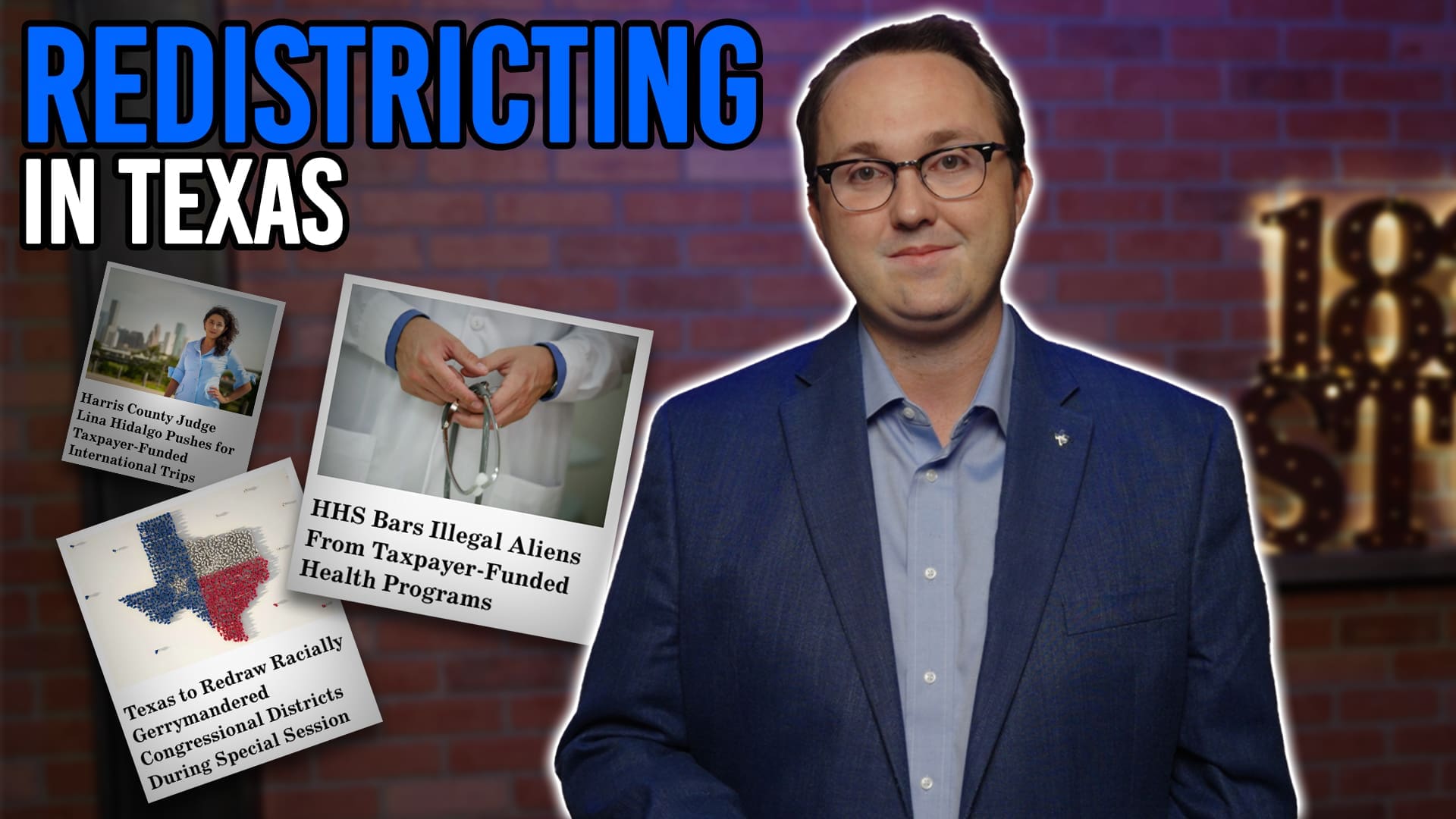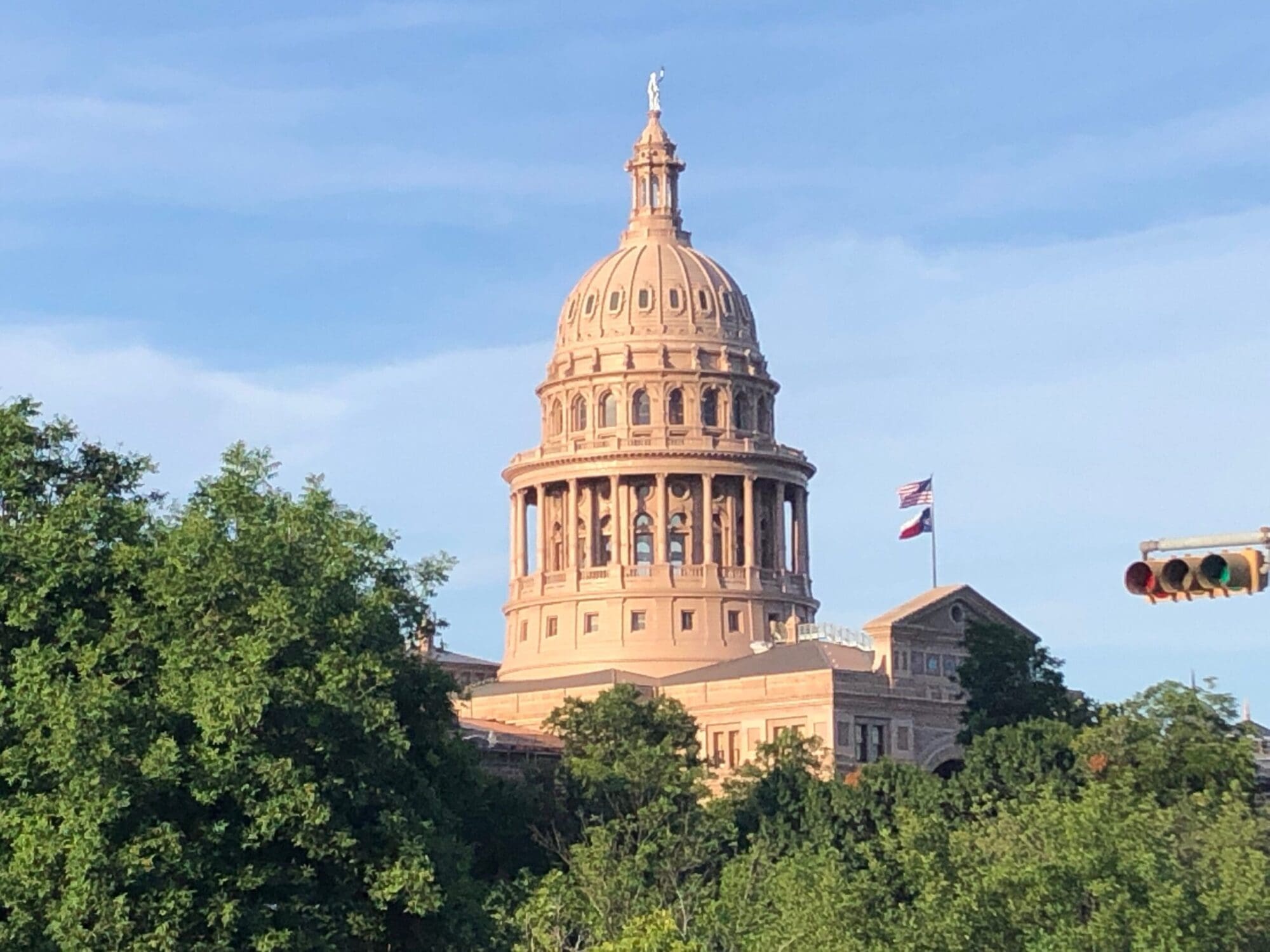While the economic effects of the international response to the coronavirus have harmed many industries across the globe, perhaps few have been more affected than airlines.
And with Texas being the home to the largest airline in the country, as well as some of the largest airports, Texas Scorecard asked travel expert Gary Leff some questions about the future of the industry.
Demand for travel has all but been completely wiped out in the last few weeks, with airlines cutting routes and flying planes nearly empty. You say a government bailout, however, was the wrong move. Why?
Taxpayers shouldn’t be the lender of first resort. Airlines are still able to access the capital markets. American, Delta, United, and Southwest have each raised an additional $1 to $2.5 billion in just the past several weeks, all still have assets to pledge as collateral, and none have even made deals to leverage their lucrative frequent flyer programs yet (a struggling Air Canada spun theirs off and sold it for cash in 2005, later reacquiring it; Delta, United, and American each raised $500 million to $1 billion during previous struggles by pre-selling miles to their credit card partner banks).
There’s no contagion risk to the economy from a bankrupt airline. When the U.S. government bailed out the banks, the argument was the spread of bank failures would drag down other parts of the economy. While airlines have complex supply chains, and reduced demand for outsourced maintenance and catering will hurt airline partners, they’re no different than any other industry in that regard. This isn’t a unique measure to protect the economy.
In fact, airline equity holders and debt holders should take haircuts first. Each of the major airlines has had experience flying through bankruptcy successfully, and some of their corporate predecessors have done it more than once.
These are struggling industries, like so many others, but asking taxpayers who are themselves going through difficult times to subsidize airline investors and creditors cannot be a priority.
Do you recommend flying right now? Have you flown in the last couple of weeks?
There are certainly people who need to travel now, though most people shouldn’t. Part of the problem is the government’s failure to ramp up COVID-19 testing. Even if you don’t have symptoms, you could have the virus and not know it, spreading it to a new community. Or if you’re traveling somewhere with a significant outbreak, it’s not a good idea to possibly need medical care there.
Furthermore, there’s government risk—that borders could be closed, travel restrictions or quarantines placed, and it could be difficult to get back.
I haven’t flown since early March, when passenger numbers were starting to fall off, but planes were mostly full. Now, at least four out of five seats are unfilled on most flights, so at least it’s possible for passengers to spread out on board.
When these social distancing guidelines are eased back in, how quickly do you expect the airline industry to bounce back?
Guidelines aren’t likely to be eased in a uniform fashion. Some places may have fewer restrictions than others. Many countries will still have restrictions or quarantines on arriving passengers. Travel isn’t going to come back all at once, like turning a switch back on.
Instead, I expect as travel gradually returns that there will be a lot of empty seats, even with initially far fewer flights than we have come to expect. I do not expect the airline industry to fully recover this year.
Do you believe this downturn will have any lasting effects on the passenger experience?
In the past, when airlines have struggled, they cut passenger amenities, delayed investment, and looked for ways to raise additional revenue. We’re seeing airlines cut back on “optional” expenses now, and deferring investment. It will probably be some time—after losses are recovered—before we’ll see food and beverage amenities both on board and in airport lounges return to what passengers experienced in recent times.
A lot of folks have amassed big collections of frequent flyer miles over the years. Are those in jeopardy?
Frequent flyer miles in major airlines are currently safe. Even in bankruptcy, the very first thing an airline usually does is reaffirm its commitment to miles because they’ll need frequent customers if the airline is to get back on its feet.
Once airlines are flying again, there will be more empty seats than before. That will make claiming low-priced mileage awards easier. Airlines are likely to run promotions offering plenty of miles to fill up those seats with revenue fares, too. (Eventually printing more miles may cause airlines to raise the price of their award tickets, a form of inflation, but that will come later once planes are full again.)
How can people take advantage of the rock-bottom fares we’re seeing now? Is it a good idea to plan a future trip? Will these low fares stick around?
There are some amazing deals right now. In the past week, I’ve seen $13 cross-country fares; however, those are really just for travel in the coming weeks. There are good deals off into the future. And airlines are making it easier right now to buy future travel by waiving change fees if you need to change your plans.
The risk is that airlines generally are being difficult about providing refunds even when they cancel a flight, as they scramble to preserve cash. And on the whole, I expect there to be good deals around for quite some time.
So, whether or not to jump on a “great deal” depends on just how great it is. When I saw a $1,200 roundtrip business-class fare to eastern Europe last week, my interest was piqued, but I didn’t buy. I think it needs to be an exceptionally great deal to act now. A merely good deal has me sitting on the sidelines.
Gary Leff is the founder of View from the Wing and a frequent contributor to such media outlets as Fox News, Good Morning America, USA Today, and many others.






